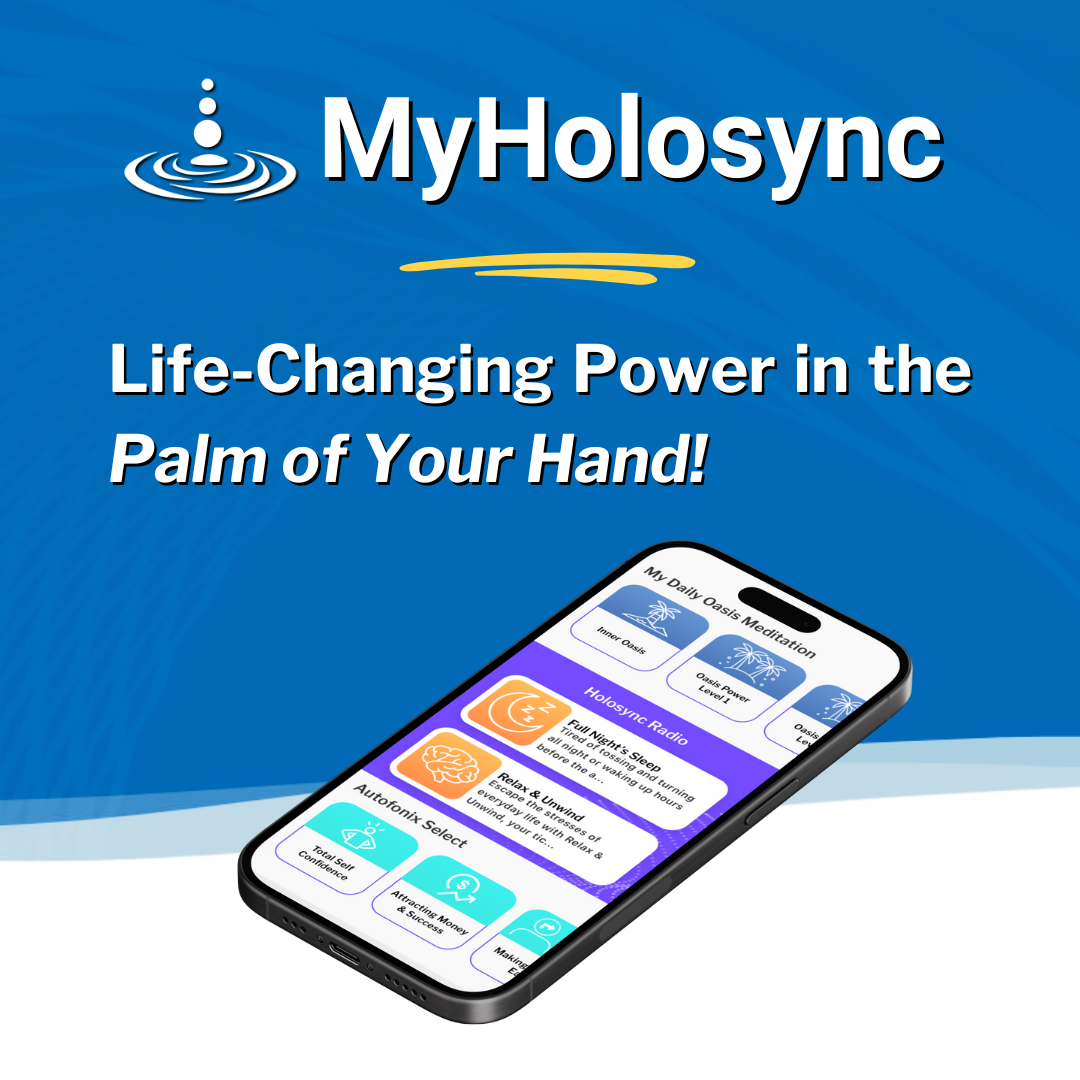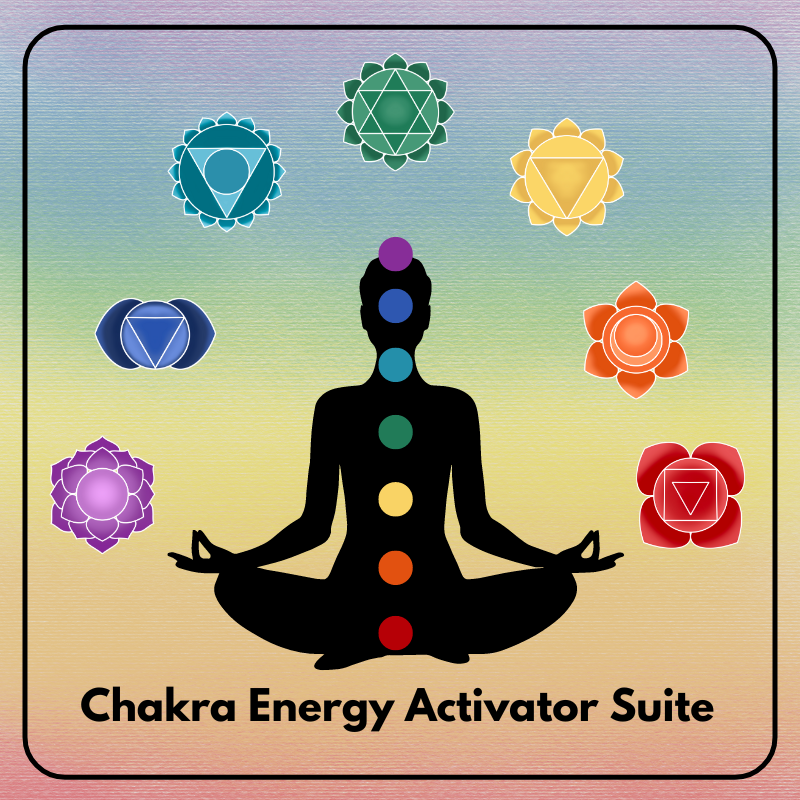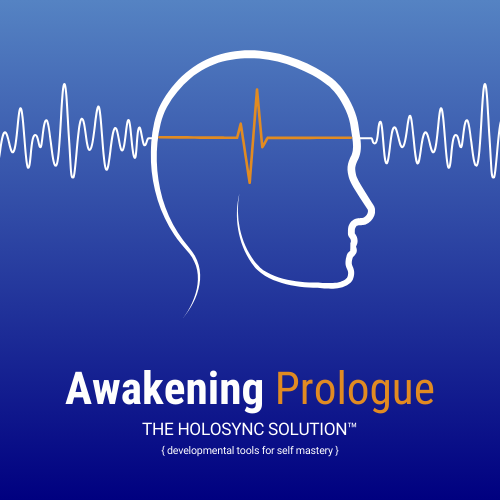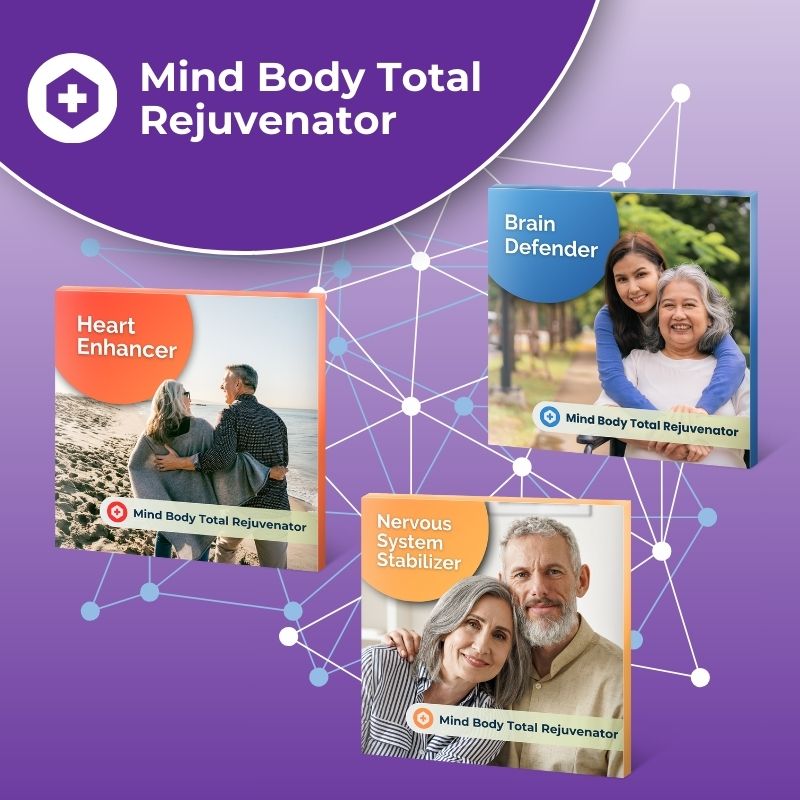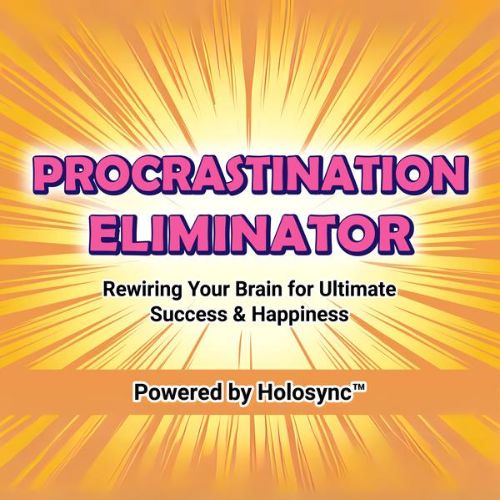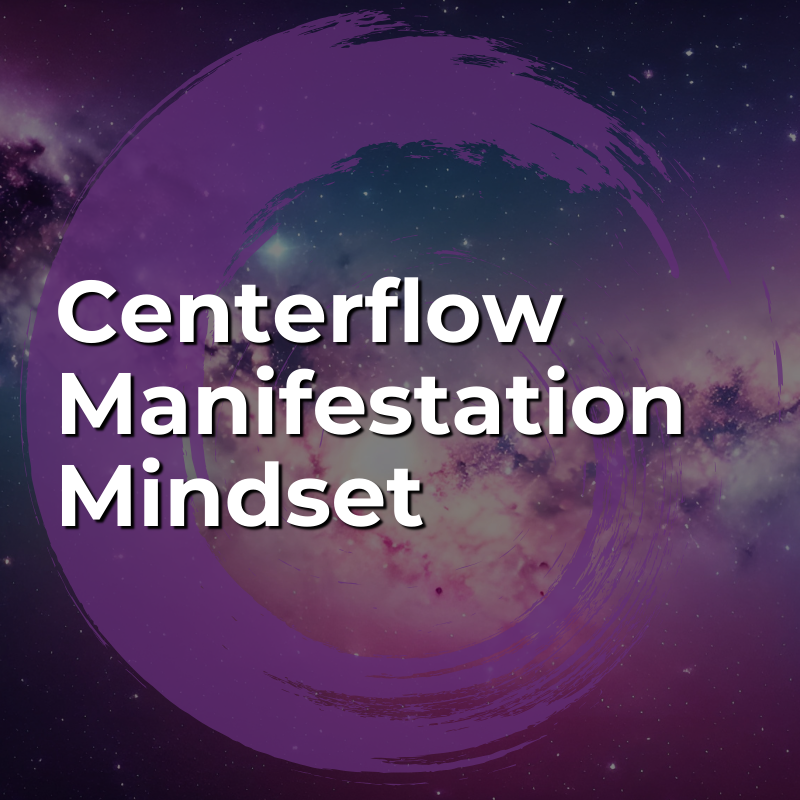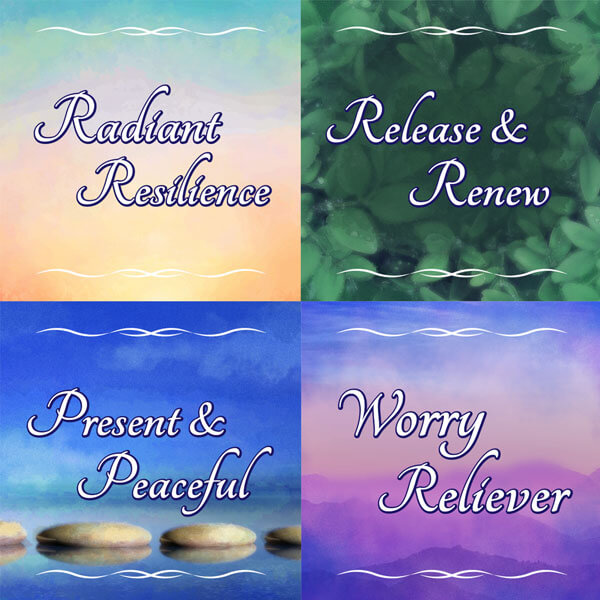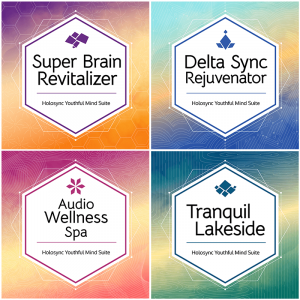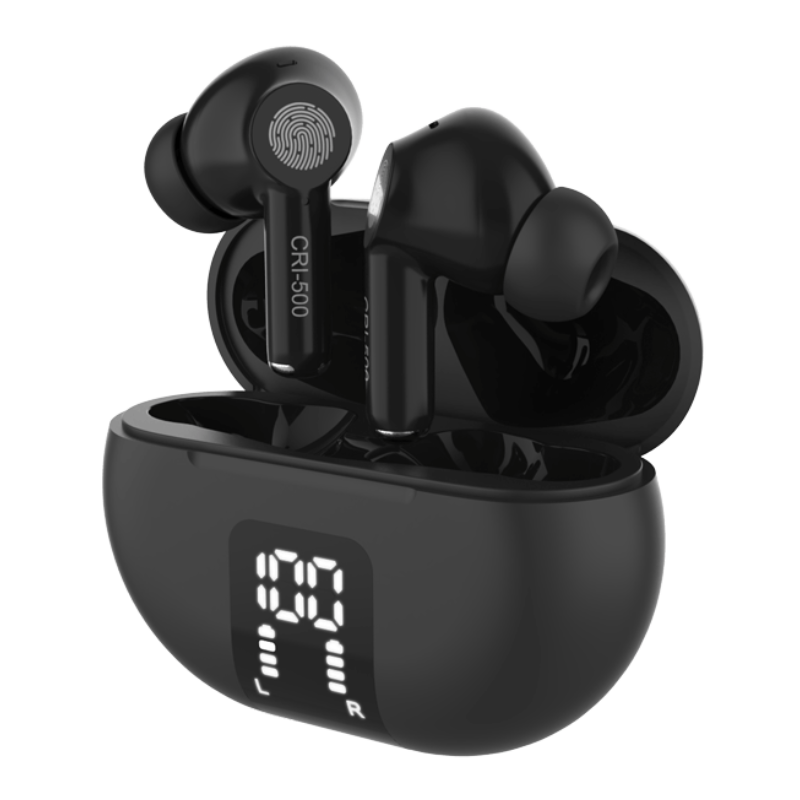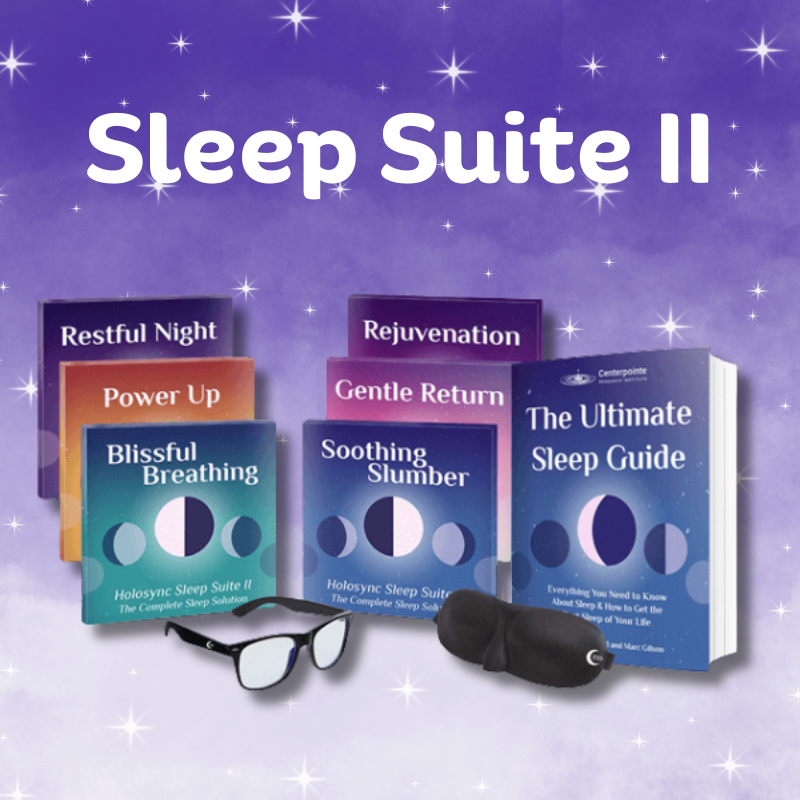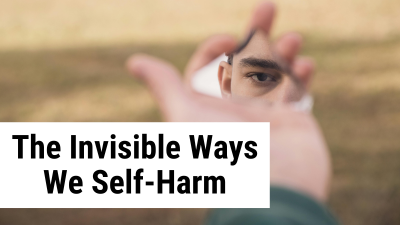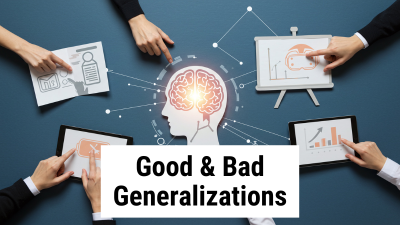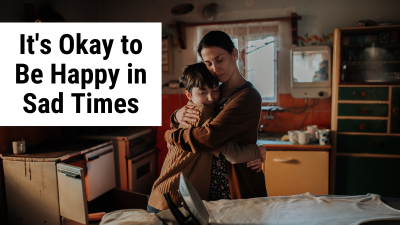

Parenting Under Pressure (Why the Perfect Parent Myth Does More Harm Than Good)
Issue #435 – Monday, August 5, 2024
You know, I’ve worked extremely hard over the course of my career through many different positions before I became the CEO of Centerpointe.
But at the end of the day, I’d say the most important (and most difficult) job that I’ve ever had is…
…being a mom to my three beautiful children.
If you know me, then you know I LOVE being a mom. And now that my youngest has gone off to college, I find myself reminiscing about those challenging early years of parenthood.
Everyone wants to be a good mom or dad. And for young parents just starting out, it can be tough to know if you’re doing a good job - especially if you hold yourself to a very high standard (like I do).
That’s why I’m sharing a special Mind Power with you today from Mind Power Managing Editor (and new father) Ryan Standifird.
Ryan explores the unfair pressure that so many parents put on themselves to “be perfect” and how parental burnout can cause problems for you and your kids. He also shares some tips on “mindful” parenting that can make a big difference.
I know you’re going to love this!
Cheers,

Centerpointe CEO
P.S.
Cancel out the detrimental effects of noise pollution with our new Therapeutic Noise Suite (Powered by Holosync)!
Scroll down to our “Check it Out” section below to learn more.
Parenting Under Pressure
Why the “Perfect Parent” Myth
Does More Harm Than Good
By Ryan Standifird
If there’s one thing I’ve learned since my son, Jack, was born…
…it’s that being a parent is no walk in the park.
Jack isn’t even two years old yet, but he’s already taught me so much about what it really means to be a father - the challenges, strains, and joys it brings.
And while I am confident that I’ve been able to rise to the occasion of parenthood, there have definitely been times when I worried that I wasn’t doing enough.
Why isn’t he talking yet? Are we letting him watch too much TV? Is he eating too many snacks? Should he be taking more naps? Should we be putting him in daycare? Is he getting enough play time outside? Does he need to socialize with other toddlers?
Those critical thoughts (and many, many more) have been a constant source of stress for us over the last year and a half…
…stress that scientists are finding actually might be doing harm.
But while I have been able to take on the strain of parenthood with a constant optimistic outlook, it’s been more difficult for my wife, Linda.
A Culture of Perfection
Linda is the eldest child of Korean immigrants who moved to the United States in the early 90’s. And like many children of first-generation immigrants, she had very high expectations placed on her from a young age. Strict, threatening expectations that she rose to, but at a cost.
You see, Linda was convinced that if she wasn’t the perfect daughter, her parents would either disown her, kick her out, or break apart. They threatened as much during her childhood. So if she got a B in one of her classes - or even an A minus - then there would be hell to pay when she got home.
And while this “tough love” approach likely came from a place of love and concern, this expectation of perfection was a heavy burden to bear. So Linda constantly stressed over her schoolwork, she chose to study instead of hanging out with friends, and she sacrificed her hobbies for after-school academic activities.
Suffice to say, her parents were proud when she graduated high school with a 4.5 GPA and got into every single college she applied to. So at first glance, this “expectation of perfection” parenting style might appear as a success.
But there are consequences that linger even today.
You see, fast forward 15 years or so and Linda is still striving for perfection in everything she does. She has a voice in the back of her mind critiquing every decision she makes.
And when she thinks she’s not getting that A+…
…she feels frustration, failure and anxiety, like her family is about to collapse.
And she’s not alone.
There are plenty of new parents today who were raised with the same strict perfectionism that Linda went through.
But the problem is, being a parent isn’t the same as studying for the SATs or writing a book report.
In fact, trying to be a “perfect parent” may actually be doing more harm than good.
Can You Really Be a Perfect Parent?
So, is being a “perfect parent” even achievable?
Researchers from the Ohio State University College of Nursing say, "No."
In fact, their latest study that looked at over 700 parents found that the pressure to try to be a "perfect parent"...
…actually leads to unhealthy effects for both parents and their children!
It turns out that the more a parent stresses and worries and overanalyzes their parenting, the more they risk falling into unhealthy parenting patterns.
Why?
One word: Burnout.
More than half (57%) of the parents surveyed in the study reported experiencing parental burnout.
This burnout is shaped by both internal and external expectations.
Internal expectations are things like whether we feel we are being a “good parent,” whether we can keep the house relatively clean, whether we have time to spend with our kids, and how we feel about our relationship with our partner.
External expectations are things like milestones your health provider says to work towards, judgmental side comments from grandparents, in-laws, or other parents at the playground, and comparisons to other parents on social media.
For parents like Linda and myself who work full-time jobs, it’s tough - if not impossible - to be able to satisfy all of these expectations 100% of the time.
And if you’re someone who was raised with a perfectionist mindset, coming up short on just one expectation can make you feel like you’re a complete failure as a parent.
So you work harder, you stay up late watching videos on parenting, you read article after article online, you buy all sorts of gizmos and gadgets, you make plan after plan after plan in the hopes that one day you will be that A+ parent.
All the while you’re losing sleep, you’re filled with stress, and you’re burning yourself out.
The irony is, it becomes counterproductive!
The evidence shows that parental burnout can actually lead to unhealthy reactions that negatively affect your childrens’ mental health, too! You have less energy, less patience, and are more prone to overwhelm.
It’s the burnt out parents who are more likely to insult, criticize, scream at, curse at or physically punish their children (as with spanking).
And if your child struggles with their own mental health issues like anxiety, depression, ADHD, or anything else, the likelihood of burnout skyrockets!
So therein lies the paradox.
How can you make sure you’re doing everything you can to be a good parent without tipping over the edge of burnout?
The Mindful Parent
We’re big proponents of mindfulness here at Centerpointe, and so it’s no surprise that you can be a “mindful” parent, too!
But what does mindful parenting really look like?
Here are some ideas:
Try Positive Parenting
According to the study, Positive Parenting is an evidence-based parenting style that has been shown to improve mental health and success of parents and children alike. Here are the hallmarks of Positive Parenting:
Provide structure, including daily routines (like a meal or bedtime routine)
Teach your children that decisions and behaviors have consequences
Tell and show your children you love them
Discipline your child gently when needed
Catch your children being good
Role model healthy behaviors
Set limits and boundaries
Set realistic expectations
Use Active Listening to Connect More Deeply With Your Children
Active listening helps your children feel more acknowledged, loved, and understood. Here are some tips on how to practice active listening:
Use verbal and non-verbal clues to show that you are listening
Give your full attention. Leave your phone in a different room
Ask clarifying questions and summarize what was said
Empathize and validate emotions
Avoid interrupting
Be patient
Relieve Stress to Avoid Burnout
Part of being a mindful parent is taking care of your own mental health so that you can be at your best for your children. A big part of that is making sure that you have a way to relieve the inevitable stress that comes with parenthood.
Arguably the most effective means of stress relief is with a daily practice of meditation - especially with Holosync.
Not only does meditation reduce stress, it also improves stress resistance, builds confidence, helps you become aware of your self-talk, and so much more.
At the beginning of our parenting journey, Linda and I were definitely overwhelmed. But when we started meditating with Holosync regularly (after Jack was finally sleeping through the night) our teamwork, our outlook, and our patience greatly improved.
Parenting isn’t easy, but the rewards are so worth it.
So learn to love the mess and accept when things aren’t perfect.
There are no grades, no final exam to take.
Be kind and love yourself even when you make mistakes.
NEW Therapeutic Noise Suite
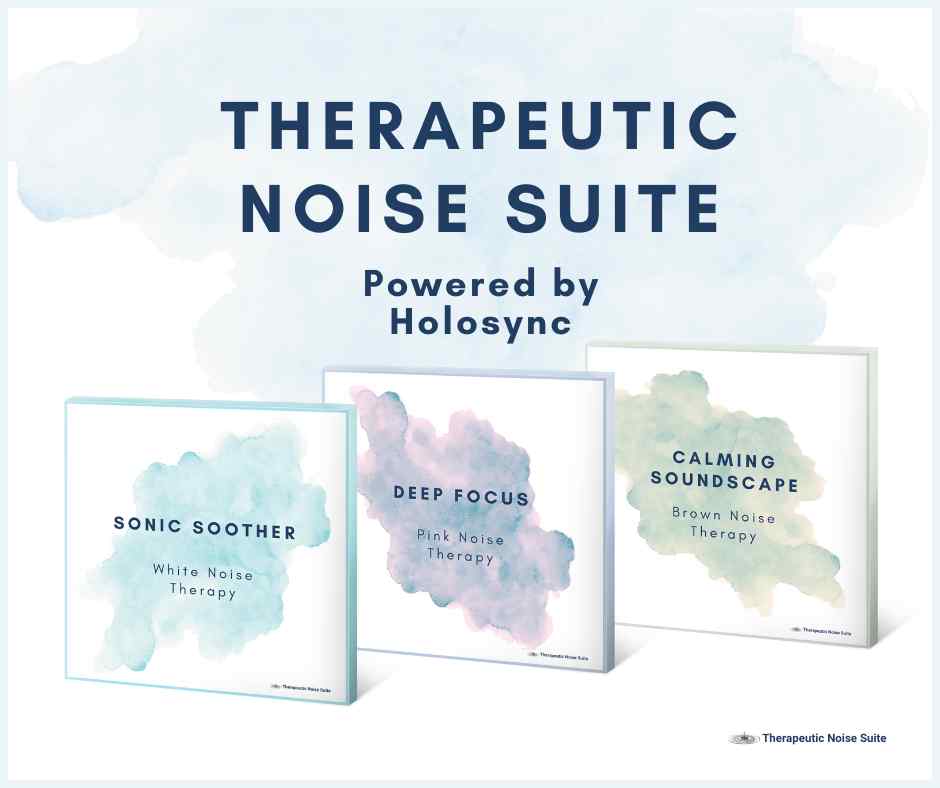
Noise pollution is no joke.
From cardiovascular disease, diabetes, and tinnitus to migraines, sleep problems and “chronic annoyance”...
…the compounding effects of noise pollution are the reason why it’s the second-most dangerous kind of pollution in the world.
But now, for the first time ever, we’ve combined powerful “therapeutic noises” with our proprietary Holosync neuro-audio technology to provide the most potent solution to noise pollution ever created.
Follow the button below to find out how you can “fight noise with noise” and finally find relief from the hazardous noise pollution that’s been affecting you your whole life.
Wise Words
“Learn to love the mess and accept when things aren’t perfect.”
- Ryan Standifird
This Really Happened
Day #3, I slept great and felt relaxed all day!
~Antonette E.
5-Day Challenge Participant
We Want to Hear From You!
What bad habit would you like to ditch this year?
Post your story on our Facebook Page.
Not on Facebook? Tell me about the impact that meditation with Holosync has had on your daily life. Stress? Sleep? Weight Loss? Focus? Spiritual Connection? Other? Email your story here.

